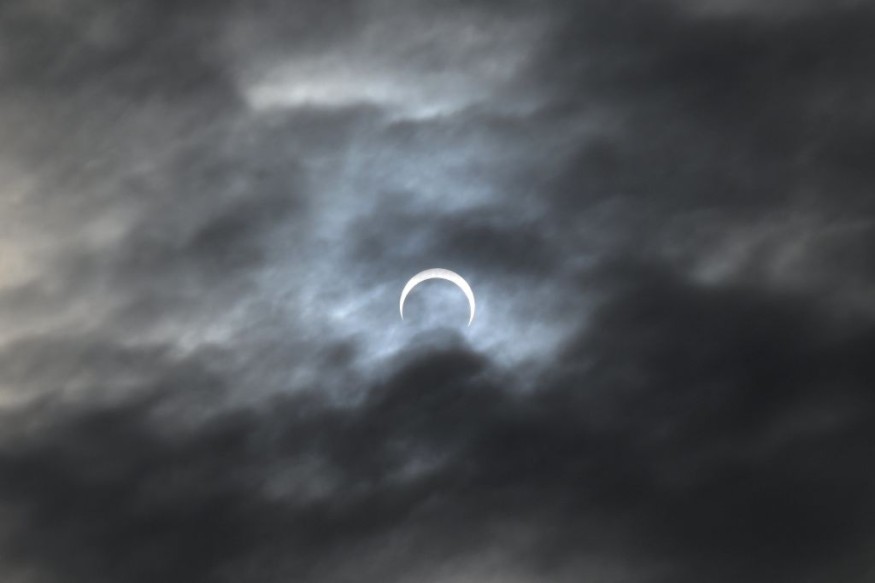
The moon plays a powerful role in shaping life on Earth, affecting everything from animal migrations to ocean tides. As a companion to Earth, the moon's gravitational pull is responsible for many natural rhythms, some of which scientists are still trying to fully understand.
One of the moon's most noticeable effects is on Earth's tides. When the moon pulls on Earth's oceans, it causes high and low tides, creating unique habitats that animals have adapted to over time. For example, limpets, small marine creatures, have a tough lifestyle as they cling to rocks and endure waves and predators at low tide. To survive, they have developed incredibly strong teeth-stronger even than man-made materials like Kevlar.
The Moon's Influence on Animal Navigation and Reproductive Cycles
The moon also helps guide animals that navigate by moonlight. Certain birds, such as Barau's petrels, rely on the moon to synchronize their migrations, arriving at their breeding grounds during a full moon. Similarly, sand hoppers, tiny beach creatures, use both the sun and moon to keep themselves oriented and safe from the dangers of the open sea.
Additionally, the moon influences reproductive cycles in some species. On the Great Barrier Reef, coral spawning is timed with the full moon, creating a stunning underwater display as billions of eggs and sperm are released simultaneously. This "lunar clock" is essential for species that depend on specific moon phases to reproduce and find food, a phenomenon known as circalunar rhythms.
The moon's light has also influenced evolutionary adaptations, especially in nocturnal animals. Some, like dung beetles, even use the moon's polarized light to find their way home. However, with increasing light pollution, animals that depend on natural moonlight are struggling to adapt, as artificial lights obscure the moon's glow.
The Moon's Essential Role in Lengthening Days and Moderating Seasons
Beyond these natural effects, the moon stabilizes the Earth's tilt, contributing to relatively stable seasons that have allowed life to flourish. Without it, the Earth's tilt could vary more drastically, creating chaotic seasonal changes. The moon's gravity is so strong that it even slightly slows down Earth's rotation, lengthening our days by tiny fractions over centuries.
In the grand scope, the moon is much more than a distant object in the night sky. Its influence on Earth and life within it showcases the powerful connection between celestial bodies and the planet we call home.
© 2025 NatureWorldNews.com All rights reserved. Do not reproduce without permission.





